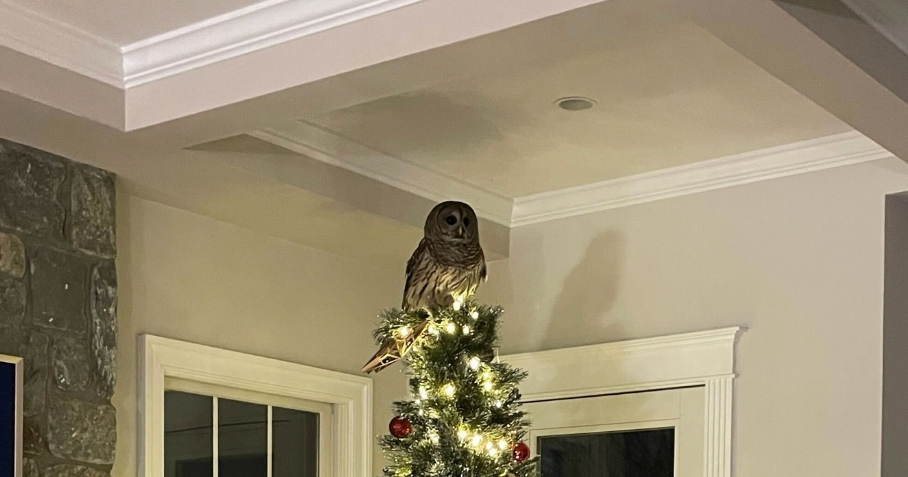After earthquakes rattle nerves in Southern California, neuropsychologist shares tips to cope
After two large earthquakes and 3,000 aftershocks rocked a wide area of Southern California, all that seismic activity is taking an emotional toll on residents in the area, CBS Los Angeles reports. However, there are a few things those in the Golden State can do to ease their worries, according to one neuropsychologist.
Brent Garrison's first memory of the 1987 earthquake in his native city of Whittier is of his daughter.
"She was at preschool and all she remembers was toys were jumping off the shelves trying to get the kids and she didn't understand why," he explained.
For Dexter Harrod, memories of his family's home stand out.
"I said, 'No!' Our house is ruined, it's broken, the whole … you can put your hand in the foundation of the house!" he remembered.
For survivors like Garrison and Harrod and his wife, Sue, who was hurt in the '87 earthquake, the recent activity is shaking up old memories, too.
"Banks were crumbled. I mean, bricks were just down in the street," she said, revealing the latest quakes have caused her to have "super anxiety."
It's the same for Jon Kaumo, who vividly remembers a tremor when he was in middle school in Yorba Linda.
"I remember walking home from school. The grocery store was torn apart," he said.
Kaumo and Jacob Lopez say getting through these most recent earthquakes — even safely — causes them anxiety as well.
"It does make me nervous 'cause, you know, I heard we're due for a big one at any given moment," Lopez said.
"My first thought yesterday after that one happened was, 'What's gonna be next?'" Kaumo added.
So what can you do to ease you nerves? Clinical and forensic neuropsychologist Dr. Judy Ho says: be prepared.
"What is causing the fear is that you have no control," she explained, advising: "Make sure that you know what you're gonna do in the case of an earthquake. Run drills with your loved ones and your family members and then, after that, after you're done all that preparedness, then it's just about breathing through it, telling yourself, 'I've already done everything I can and there's nothing else I can control behind what I've already done.'"
Dr. Ho says natural disasters are classified as traumatic experiences. As a result, it's not unnatural or unusual to experience PTSD-like symptoms.



